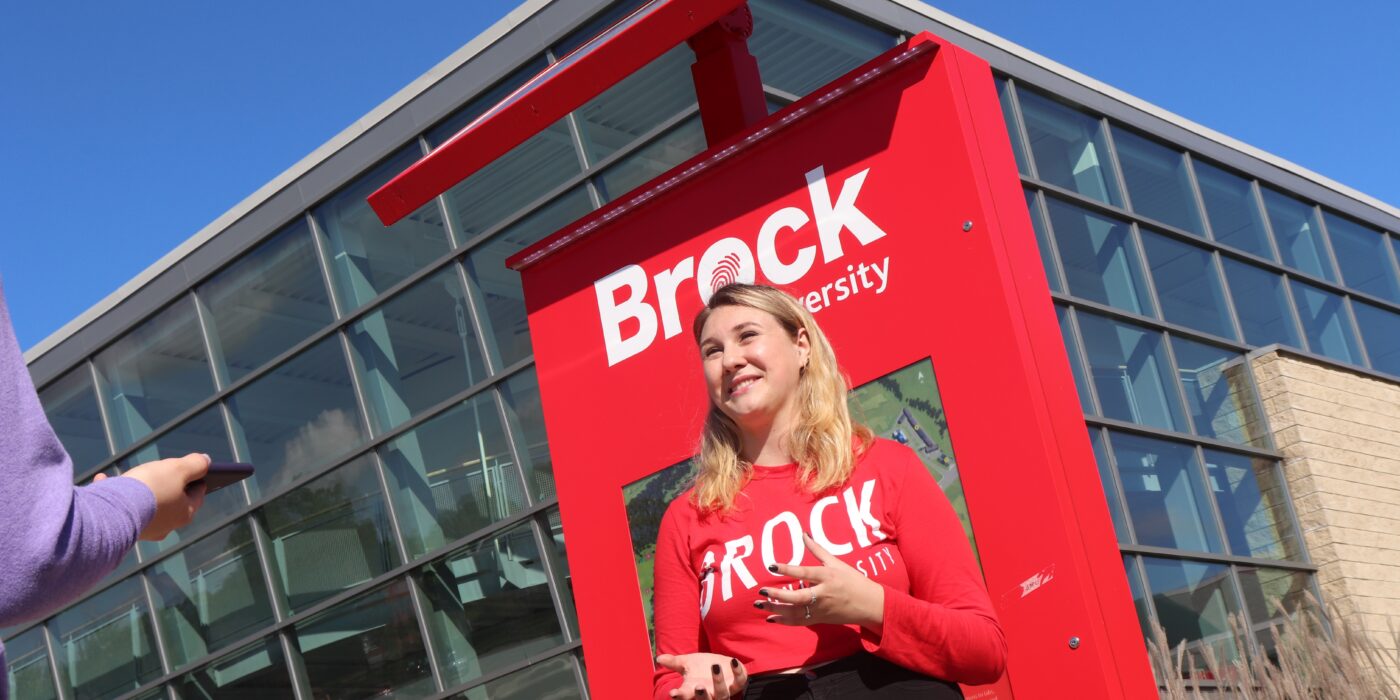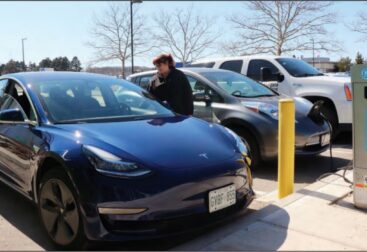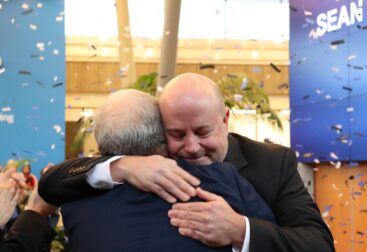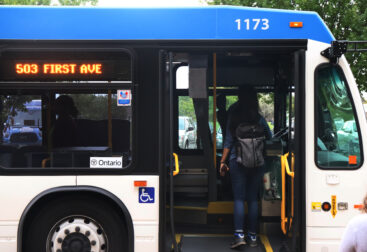By THERESA REDULA
Published April 7, 2020
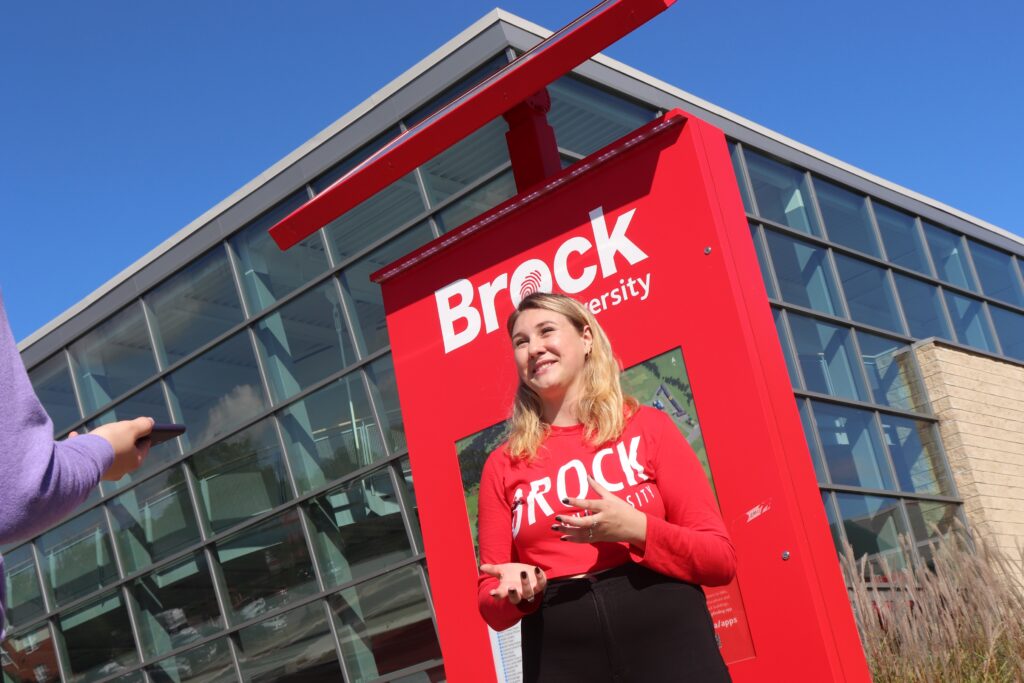
The 18to8 campaign, that originated with the David Suzuki Foundation, although satirical, suggests that if eight-year-old kids would actually be able to vote, politicians would do more in the fight against climate change.
The satirical campaign’s sentiment is actually a good thought although not necessarily from 18 to eight. Voting is vital in a democracy. It raises your concerns, elects officials who share your beliefs and holds officials accountable for their actions and responsibilities.
To be able to vote in Canada, you have to be at least 18. But many Canadians younger than 18 —some more aware of issues and certainly more passionate than older voters — have no say on who gets to lead the country in which they hope to grow older.
The solution is straightforward. Lower the voting age from 18 to 16. It’s just two years. Many experts agree that it’s not much of a difference, but it makes a huge impact in civic engagement. And if we encourage 16-year-olds to develop the voting habit they will be ready to lead earlier.
Other countries have taken the lead on this.
Austria is the best example where voter turnout among 15-30-year-olds has been 79 per cent in elections in the last three years.
Europe’s average is 64 per cent. Here in Canada, in the previous federal election in 2015, 57 per cent of eligible 18- to 24-year-old voters cast a ballot.
It’s also a matter of fairness. Most teenagers have an economic stake in the country well before 18, with part-time jobs starting as early as 15.
The idea seemed to gain some momentum in Canada during this federal election campaign. Last month, the Union of B.C. Municipalities passed a resolution to lower the voting age.
Canada’s Chief Electoral Officer Stéphane Perrault told CBC News last year it was an idea worth considering.
Green Party Leader Elizabeth May and NDP Leader Jagmeet Singh have indicated support for a change at the federal level. How could they, and the other party leaders not? On Sept. 27, hundreds of thousands of youth across Canada gathered to call for climate action, joining millions of people on a global climate strike sparked by 16-yearold Greta Thunberg.
The local climate strike in downtown St. Catharines on that day was very empowering. The youth were yelling, “Schools strike for climate!” and students below 18-years-old were speaking their thoughts and demanding leaders to be accountable to their promises and to put the citizens’ interests first.
The argument that 16-year-olds are just too young just won’t be heard if they continue to mobilize and show more civic engagement. It’s also hard to fight against the argument that we, as a society, as a planet, are just running out of time. If you’re 16, the temptation just to give up on the whole process is strong if you look around and see a climate emergency and massive social and economic shifts.
Students say that with all the unprecedented destruction of the environment, school is pointless. They question “why study for a future that won’t be there?” or even “why spend a lot of effort to become educated when governments aren’t listening to the educated?” We need to engage these voices not dismiss them.
Today’s youth are waking up to these issues and are aware of the consequences that will affect them more than say Millennials, Gen Xers or Boomers. “Kids” are serious about the planet’s future.
The 18to8 campaign website says: “While grown-ups are worried about grownup things like gas prices and political popularity contests, we’re passionate about protecting the natural world – our home.
“You think kids voting is crazy? Doing nothing is crazier.”
Let’s give them a chance
THERESA REDULA

